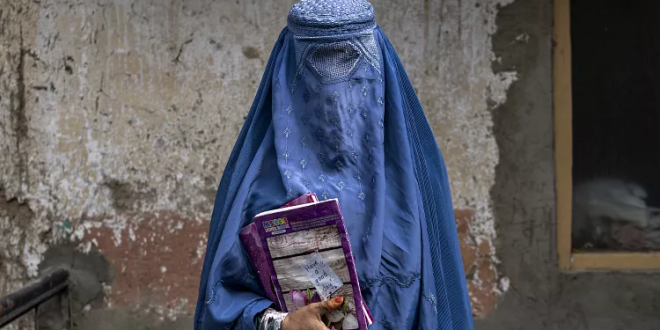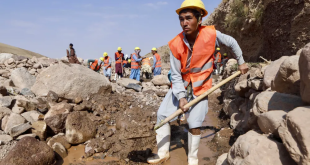KABUL – Funding cuts to Afghanistan are jeopardizing the well-being of women and girls, warned Jan Egeland, Secretary-General of the Norwegian Refugee Council (NRC). Egeland emphasized that declining international aid is hampering efforts to provide essential services like education, healthcare, and livelihood support to Afghan women.
The NRC, which supported over 772,000 Afghans in 2022, saw that number drop to 491,000 in 2023, with women constituting half of its beneficiaries. “The biggest threat to programs helping Afghan women is funding cuts. The biggest threat to their future is education,” Egeland stated.
The Taliban’s August 2021 takeover plunged millions into poverty and hunger as foreign aid was abruptly halted. Sanctions, frozen currency reserves, and restricted bank transfers further crippled Afghanistan’s aid-dependent economy.
Organizations like the NRC have kept critical services afloat despite Taliban-imposed restrictions on women’s access to education and healthcare. However, Egeland warned that worsening funding shortages were undermining these efforts.
During his visit to Herat, Egeland urged Taliban officials to prioritize reopening schools for women and girls. Despite verbal commitments, the Taliban have yet to outline clear conditions for resuming education.
The international community continues to face criticism for reducing aid to Afghanistan, even as it supports humanitarian efforts in other politically challenging regions.
 Afghanistan Times
Afghanistan Times




